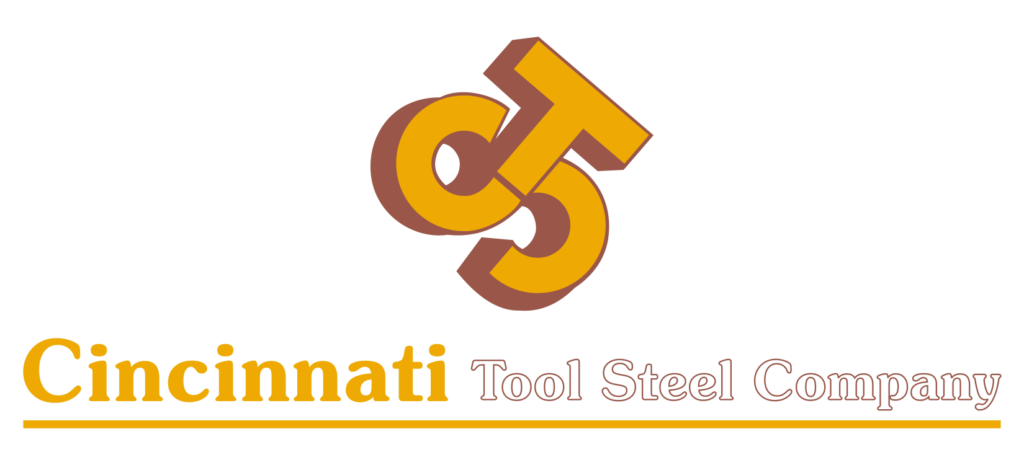[vc_row][vc_column width=”1/2″][vc_column_text]
When the unexpected happens, a Rockford-based success story turned to WilliamsMcCarthy LLP to help navigate uncharted waters.
For more than 40 years, Cincinnati Tool Steel Company has focused on doing what it knows best: supplying various grades of steel to more than 3,500 active accounts.
As one of the country’s top steel tool distributors, Cincinnati Tool remains a Rockford-based success story. It was founded in 1976 by passionate manufacturing leader Ronald Cincinnati and has grown to become a 150-employee business.
Cincinnati Tool is an industry leader in tool steels, powdered metals, and alloys. It uses value-added services to attract and retain clients, including custom cutting, boring, surface grinding, centerless grinding, milling, and precision saw cutting.
New Leadership and Continued Growth
With its founder’s passing in 2008, the company transitioned to leadership by Cincinnati’s four children: current president and chief executive Brian, executive vice president of sales Ronald, inside sales coordinator Kelli and materials manager Scot.[/vc_column_text][/vc_column][vc_column width=”1/2″][vc_single_image image=”9101″ img_size=”large”][/vc_column][/vc_row][vc_row][vc_column][vc_column_text]Under the Cincinnati heirs, the company grew in new markets and acquired operations in both Tennessee and South Carolina. With each acquisition, the company relied on WilliamsMcCarthy’s Tim Rollins for legal support. A graduate of Harvard Law School, Rollins kept those purchases running smoothly, stepped in on human resource issues, and was quick to offer general corporate law advice.
Then, COVID-19
Then last year, when the COVID-19 pandemic hit, Cincinnati’s leaders found themselves calling on Rollins more than ever.
“It was very hard to navigate at first,” said Julie Hansberry, Cincinnati’s chief financial officer. “We were interpreting these very new issues.”
Like other manufacturers, Cincinnati initially wondered if they would need to close their doors for the quarantine. Did they qualify as an essential business? Sure, they weren’t a hospital or – also a top need at the moment – toilet paper manufacturer. However, the steel they produced went to some pretty key industries. Automotive, medical, construction and agriculture are all sectors they supply.
With Rollins’ help, the company established themselves as an essential business. Then, they set out to make sense of the new rules they faced while operating in a very different world.
Taking Care of Business and Employees
As COVID-19 began to spread in the community, Cincinnati Tool encountered issues they never had before. The Families First Coronavirus Response Act changed the standards for which employees qualified for paid leave. Now Cincinnati Tool leaders wondered, should they offer paid leave to workers who needed to care for a sick grandparent? For parents whose children were learning from home?
Even details such as how to handle a case of COVID-19 in their plant led to more questions than answers. Did they need to close and sterilize the plant each time someone got sick? Were masks and sanitizer sufficient to keep employees safe?
With each question, Rollins stepped in to help the company navigate often-changing and unclear workplace regulations.
“You don’t want to just rely on an article,” Hansberry said. “You really would like to have it confirmed by legal.”
It’s in the Details
In scenarios such as that, Rollins uses top-notch communication skills and a detail-oriented nature to help companies identify problems and implement solutions. After all, he says, “when transactional lawyers fail is where litigators make their money.”
For clients such as Cincinnati Tool, that approach makes all the difference.
“WilliamsMcCarthy is very customer-driven,” Hansberry said. “Whatever our legal needs are, they are there to help in a timely manner.”[/vc_column_text][/vc_column][/vc_row][vc_row][vc_column][/vc_column][/vc_row]






